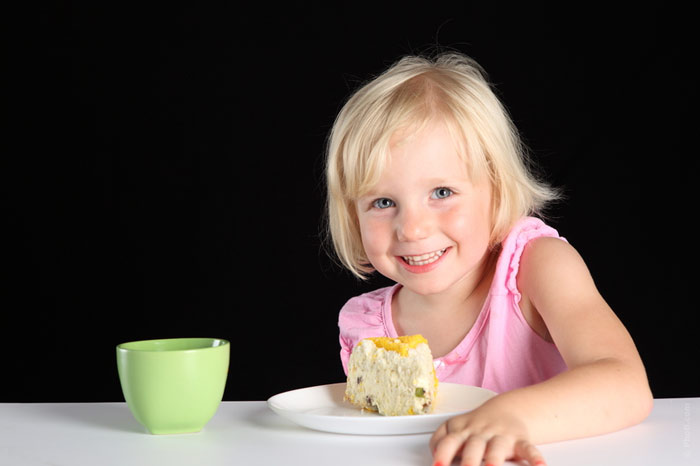Do You Happen to Be Demanding Towards Your Toddler?
Are you sure you know exactly of what your toddler is capable emotionally? Think again. There is a survey revealing that a lot of parents are apt to believe of their little ones that they ought to be able of greater emotional control than is allowed by their level of development.
When a tiny fella barely past his third birthday bursts into tears and goes on and on without stopping, plus yelling out loud what he wants and generally making a show of himself, we all cannot but wish that they were able to get hold of themselves and stopped the embarrassing show somehow. Although when we have come out on the other side, peace is restored, the heart isn’t heaving any more, the offspring has been appeased and granted upon serving the time-out, the thought strikes: “After all, he is three years old!” And the next step from here is the realization that we have been expecting a 3-year-old to behave like a 30-year-old.
Many parents can relate to that. As emerges from a recent national survey, most parents believe that a toddler is capable of holding himself well at hand – which is plumb impossible. The phenomenon is known as the “expectation gap.”
This phenomenon can be rather dangerous in the long run. If we intend to provide a healthy developmental atmosphere for the kid, our expectations should be more realistic than that. Once we grow firm in the insidious belief that our toddler can control himself but won’t, we begin to feel more punitive and can come down on the child more heavily than he really deserves. Disharmony sets in, and we don’t want that.
Now let’s have a look at other survey conclusions:
- more than half (56%) of parents think that children up to three years of age wield enough self-control to stop themselves from doing forbidden things;
- more than a third (36%) believe that children of about two are capable of that;
- almost half (43%) believe that 2-year-olds understand taking turns and sharing;
- almost a quarter (24%) think a child can hold himself in hand, prevent tantrums and overcome frustration even before they are 1 year old;
- 42% are sure that at two the kid is certainly capable of this.
Needless to say all these beliefs are scientifically unfounded.
Now for the real stuff:
- the ability for self-control begins to develop at about 3 and a half and takes a few years to become consistent;
- understanding sharing can be expected to manifest itself from 3 to 4, not earlier;
- so can emotional control – only after 3 and a half.
As you can see, before your little one has turned three, this is not the time for punishing, but for teaching. Yet it can take place effectively only if parents understand their kid’s abilities realistically without entering into trying to push the child into what they are incapable of performing.
Meanwhile, the rest of parents make a point of keeping hold of their patience when their toddlers get loose with their emotions, but they lose after a while because the absence of reason that gets them down.
The gap is there, and we all have to struggle with this issue. What we need to realize is that our tykes will come round to understanding the meaning of controlling themselves – and will understand us when they parent their babies.


